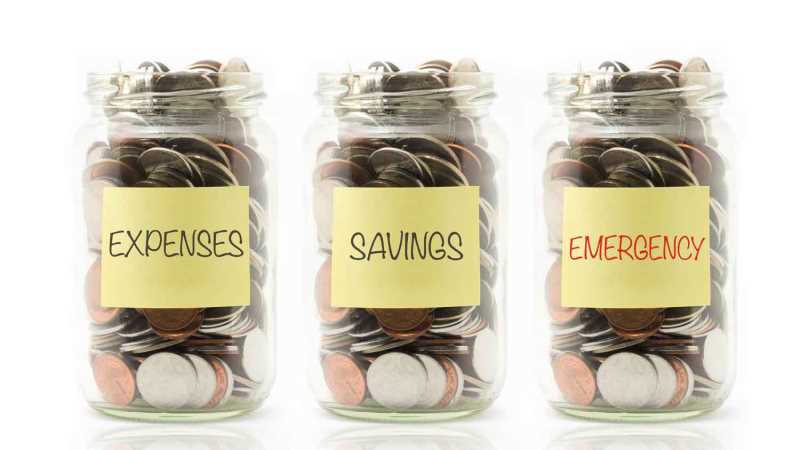Save Early and Save Often to Protect your Future
It may be incredibly difficult for younger people to truly think about retirement; therefore, it may be helpful to consider all aspects in which you will require savings before retirement. Everyone knows they need to save, but few people truly grasp why it is so imperative to begin at a young age.
Reasons to Start Young
At a young age, it is easy to accept the philosophy of waiting until tomorrow. Tomorrow quickly turns into months which will eventually turn into years, and the need for savings only increases as the years pass. Without savings you cannot purchase a home. Houses are expensive, and the housing market in Australia is seemingly on an endless upward spiral. Every day you allow to pass without starting to save is a day you are further away from your dream of becoming a home owner.
Another reason is to be prepared for unemployment. Times are very good at the moment; however, one never knows when they may be made redundant.
If you happen to one of such unfortunate individuals, you will be out of a job and your bills will keep coming. It is advisable to have a minimum of three months’ living expenses in savings at all times. This should be cash liquidity which is accessible at any time. If you have this money locked away in an investment or CD, you may not be able to access it without a significant stipend or perhaps not even at all. It is best to have eight months saved.
A Plan of Action
The best way to begin saving money is to set aside a percentage of your salary each month. You should sit down and create a spread sheet or use an app to determine your actual cost of living which is all of your monthly bills including car payments, insurance, rent, food, and any other essential items such as electricity and phone. You should then subtract this number from your earnings after taxes to determine your disposable income. It is recommended that you save between 5% and 20% of your net income each year. Take this figure out of your disposable income and put it in savings, and the remainder is for your entertainment and non-essential spending budget.
It is easy to commit to 5%, and it is a great starting point. Eventually, you need to begin saving closer to 20% to compensate for inflation and any depletion from savings from emergencies which will arise over the years. This is the reason it is essential to begin saving early and often to protect your future.




